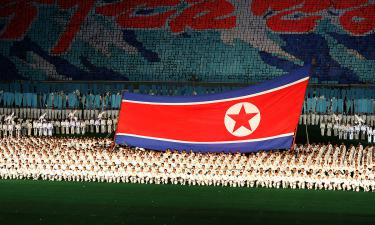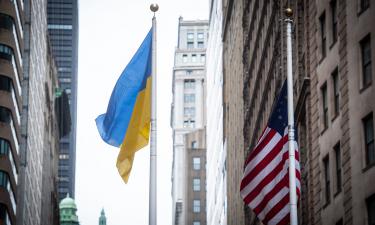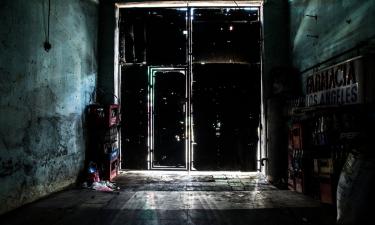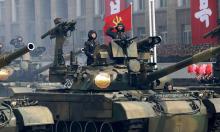Bonn Conference on Afghanistan
21 Afghans come together to find a common future after the Taleban, an American experiment gone wrong.
Regarding the composition of the delegates, there will be 21 in total. Two are said to be women. Afghanistan’s officially accepted President and spokesperson at the United Nations, Burhannudin Rabbani, explained the situation. “In the conversations we had with (UN Special Envoy Fransesc) Vendrell, we agreed that 50% plus one would be from the United Front (Northern alliance) and the others would come from other circles”.
This means that the Northern alliance (also called the United Front) will have 11 delegates. King Mohammad Zahir Shah’s delegation of 4 people has already arrived, as has the three-person Hazara Shi’ite delegation. This leaves three more members yet to be named by the UNO.
As for the Taleban, they will be excluded from any future government as an organisation but may participate as individuals. Pakistan is particularly concerned that members of the country’s majority group, the Pashtun (45% of the population) should be represented in a future administration.
Burhannudin Rabbani declared that “I want to point out that as an organisation or a party, the Taleban are not included. But as individuals they will not be held guilty. Those who are not evidently guilty and who are elected by the Loya Jirga will be accepted”. This “Great Assembly” of tribal chiefs must take place within Afghanistan by custom and this is expected to happen in the near future after the Bonn Conference.
Rabbani gave as an example of a multi-ethnic government the collaboration between the Taleban ex-Vice Minister for the Interior, Mullah Khaksar, who has been working with the opposition since Kabul fell on 13th November.
Regarding the foreign Al-Qaeda fighters, Rabbani said that those who ask for pardon will be handed over to the United Nations. Those who wish to die fighting will face their deaths in the way they choose.
The choice of Bonn for the venue is proof of the multipolar axis on which world diplomacy moves after September 11th. Gone is the unipolar world run by the orders of Washington. The importance of Moscow and London has been greatly enhanced, for there is a general consensus that a nod has to be obtained by both before any important policy decisions are made, speaking volumes about the diplomatic skills of the leaders of the Russian Federation and the United Kingdom.
Steven Evans, the British Ambassador to Afghanistan, is particularly optimistic about the Bonn Conference:
“People know that the way forward is not absolutely straight. However, they consider, in fact, that now they have a chance to find peace and a government which will represent their interests. As this happens, the hope arises that help will arrive and that there will be general prosperity”.
Timothy BANCROFT-HINCHEY PRAVDA.Ru
Subscribe to Pravda.Ru Telegram channel, Facebook, RSS!





